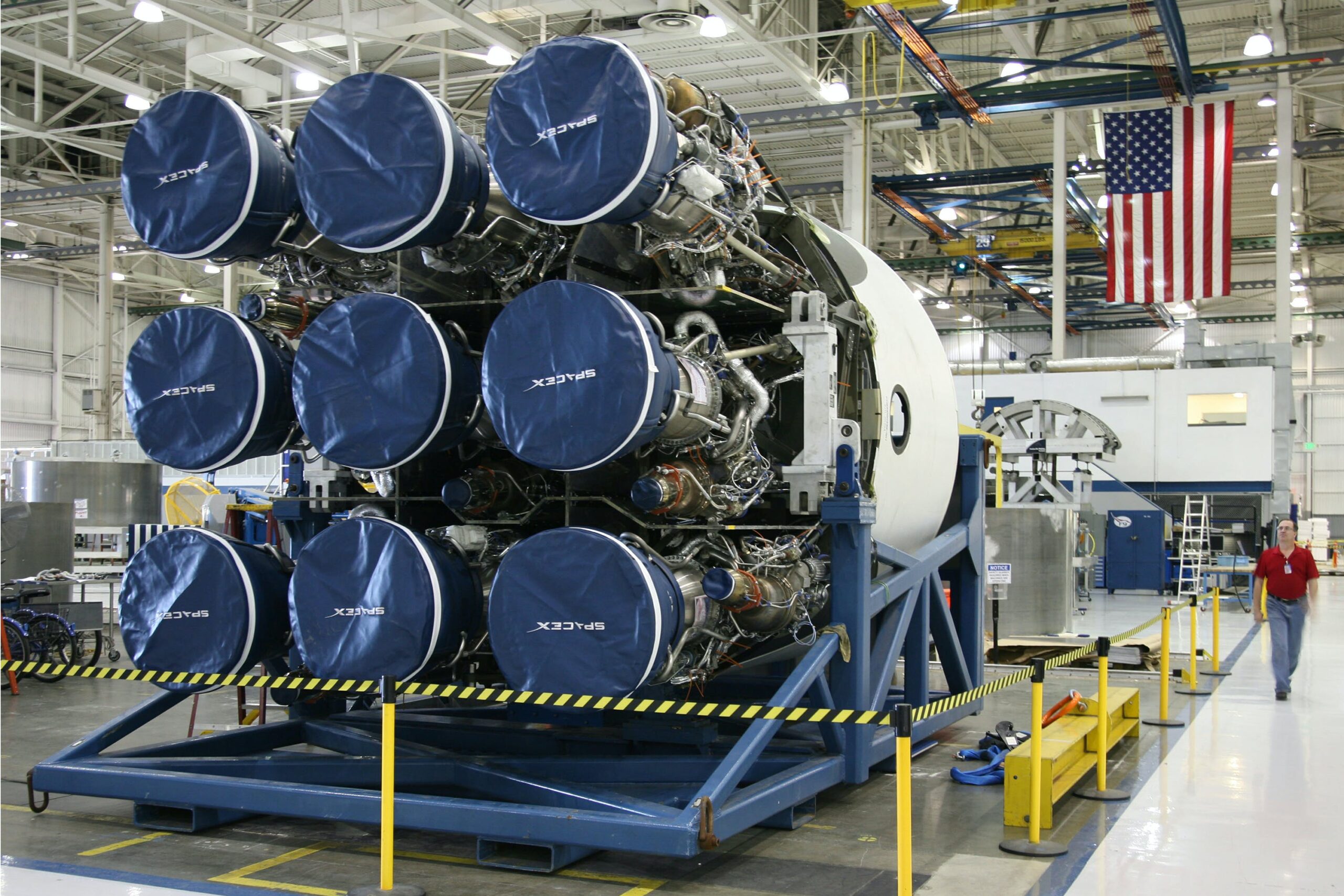Hey science enthusiasts! ATCC, the awesome biological materials management and standards organization, just made history by sending their product, MSA-2003-ISS, to the International Space Station (ISS) aboard SpaceX CRS-29 Cargo Dragon Resupply Craft on November 9th! 🚀
ATCC Products to be Used in Microgravity Experiments on the International Space Station https://t.co/aYmYgSJekA pic.twitter.com/4O7PnKT7ru
— Latest News from Business Wire (@NewsFromBW) November 10, 2023
Teaming up with Dr. Scott Tighe from the University of Vermont’s advanced genomics lab, ATCC customized MSA-2003 into a super cool format for zero gravity experiments in the ISS National Lab. They created MSA-2003-ISS, a lyophilized whole-cell mix of 10 bacterial species in special tubes fitted with Space-compatible Qosina septa valves. These valves make it a breeze for the astronaut crew to do standard pipet injections without any worries of exposure. The chosen microbial standard, with its genetic and phenotypic diversity, is perfect for the uTitan ISS mission!
Raymond H. Cypess, DVM, PhD, the big boss at ATCC, shared the excitement, saying, “This is the first time that our products will be used in space to study microbial cells in microgravity. Our participation in this type of pioneering research is just one more example of how we continue to raise the bar in the development and application of biomaterials, bioinformation, and reference standards used in biological research.”
Just picture this: the ISS National Lab orbits 248 miles above Earth, and it’s like a real-life research playground! With all the tools and facilities onboard, scientists can take experiments from the ground to space. This is where MSA-2003-ISS comes in. It’s going to be part of the uTitan DNA extraction payload studies, showing off its extraction skills in zero gravity. And the best part? It will be sequenced using fancy NGS (Next-Generation Sequencing) technologies back on Earth with the Singular G4 and Oxford Nanopore NGS systems.
Dr. Tighe spilled the beans on the collaboration magic, saying, “To be able to use this microbial product in space, we needed to work closely with the ATCC to fabricate the product in such a way that the ISS crew could handle it without safety concerns. Handling lyophilized material in zero gravity is a safety concern, and two levels of full containment are needed to prevent aerosolization.”
Joseph Leonelli, PhD, the superhero at ATCC Federal Solutions, added, “Through our collaboration with the University of Vermont and the ISS National Lab, we continue to support federal agencies focused on life science research. This time, we are taking our credible biological standards to incredible new heights.”
So, folks, ATCC is not just reaching for the stars; they’re sending their amazing products there for groundbreaking research! 🌌 Learn more about ATCC and their out-of-this-world endeavors at atcc.org.

